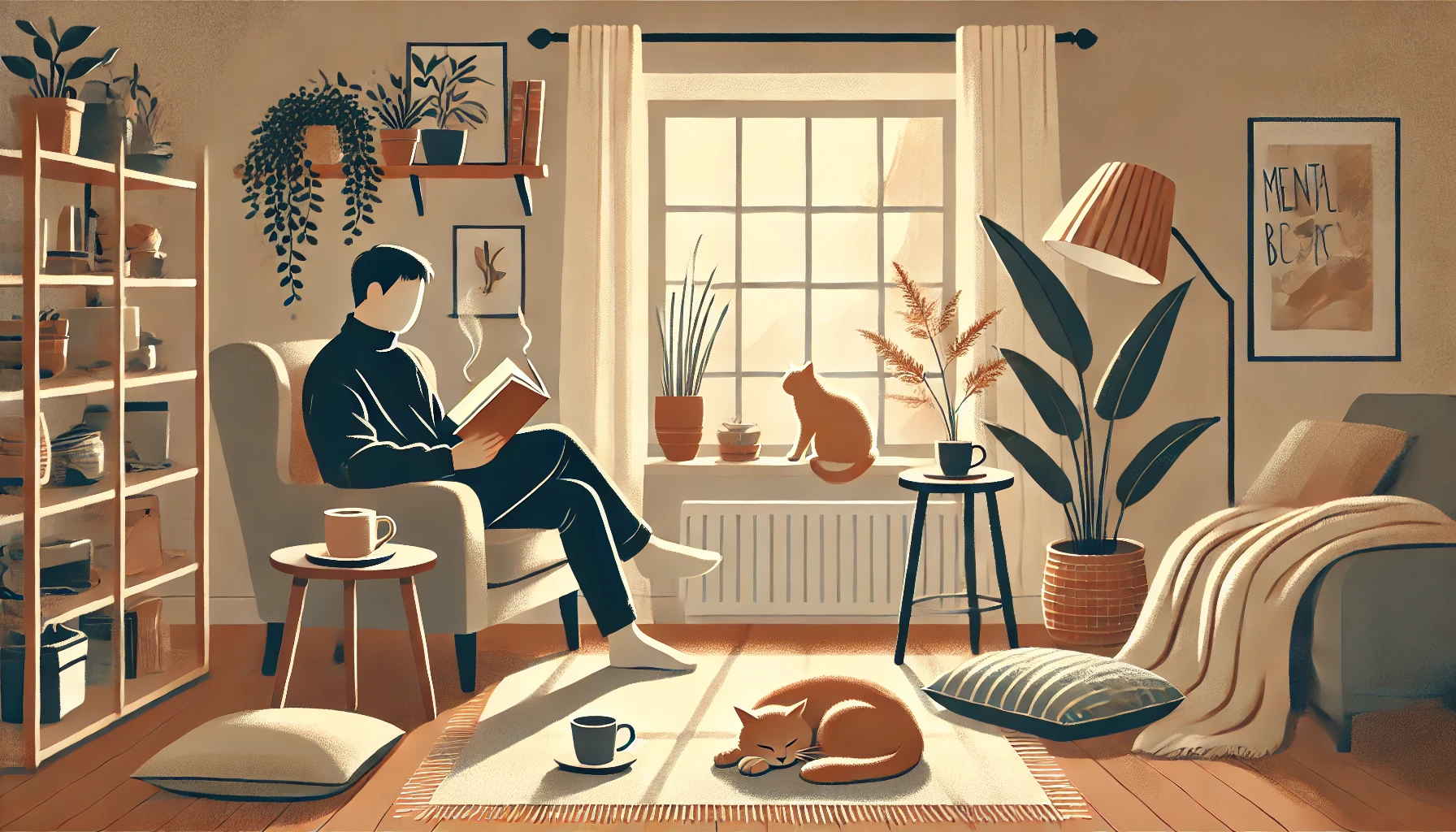In a world that celebrates productivity and staying busy, the idea of taking breaks or indulging in leisure can sometimes feel like a luxury — or worse, a waste of time. But what if we told you that those little moments of relaxation, joy, and playfulness are not only beneficial, but essential for your mental health?
Small moments of leisure, even just a few minutes at a time, can have a powerful impact on how you feel, think, and cope with daily life. These pauses allow your brain and body to recharge, enhance emotional well-being, and help you reconnect with the present moment.
Let’s explore how integrating small moments of leisure into your day can transform your mental health — and how to do it in realistic, simple ways.
Why Leisure Matters
Leisure isn’t just about having fun — though fun is a big part of it. It’s about creating space in your life for the things that bring you calm, joy, or a sense of personal satisfaction. Unlike work or chores, leisure activities are done for their own sake, and that’s what makes them so mentally refreshing.
How leisure supports mental well-being:
- Reduces stress: Engaging in leisure reduces cortisol levels and calms the nervous system.
- Boosts mood: It triggers the release of dopamine and endorphins — the brain’s feel-good chemicals.
- Improves focus and creativity: Breaks give your brain space to process information and return to tasks with more clarity.
- Strengthens resilience: Regular leisure moments help you better manage anxiety, irritability, and emotional fatigue.
The Power of “Micro-Leisure”
You don’t need an entire day off or a vacation to benefit from leisure. In fact, micro-leisure — short, intentional breaks that last just a few minutes — can be just as effective when practiced regularly.
Examples of micro-leisure activities:
- Listening to your favorite song with full attention
- Taking a walk around the block without your phone
- Enjoying a hot drink while gazing out the window
- Doing a short guided meditation or breathing exercise
- Doodling, journaling, or coloring for 10 minutes
- Watching something funny or uplifting
Even five minutes spent doing something you enjoy can shift your emotional state and help you feel more grounded.
Reclaiming Joy in Everyday Life
Modern life often blurs the line between work and rest. We check emails during dinner, scroll social media while trying to relax, and feel guilty for not being “productive.” But you don’t need to earn rest — you deserve it simply because you’re human.
Tips for reclaiming leisure in your routine:
- Schedule it like a meeting: Add a 10-minute break to your calendar. Treat it as non-negotiable.
- Make it screen-free (if possible): Digital breaks are great, but aim for something that doesn’t involve a screen to give your eyes and brain a real rest.
- Tap into nostalgia: Revisit a hobby you loved as a kid. Drawing, dancing, reading comics — anything that reconnects you with your playful side.
- Use transitions wisely: While waiting for coffee to brew or your computer to load, take deep breaths or stretch gently instead of reaching for your phone.
- Celebrate the small things: Even sipping tea in silence can be a sacred, restorative moment.
Science-Backed Benefits of Leisure
Researchers have found that engaging in leisure activities contributes significantly to emotional health:
- A 2021 study published in BMC Public Health found that even short leisure activities are linked to decreased symptoms of depression and anxiety.
- According to the American Journal of Health Promotion, leisure-time physical activities (like walking or gardening) improve mood and reduce perceived stress levels.
- Engaging in creative leisure, such as music, crafts, or writing, has been shown to increase positive emotions and reduce mental fatigue.
In other words, these tiny pockets of joy matter more than you think.
Making Leisure a Lifestyle — Not an Afterthought
Leisure doesn’t have to be an escape from life — it can be an enriching part of it. When you prioritize small, enjoyable moments daily, you teach your brain and body that rest is safe and necessary. This builds long-term resilience, emotional intelligence, and better overall well-being.
Even during your busiest days, there is room for joy. A deep breath, a moment of laughter, a favorite song — these are powerful medicine for the mind.
Final Thought: You Deserve to Feel Good
Improving your mental health doesn’t always require drastic changes. Sometimes, it starts with a smile during your morning coffee, a stretch between meetings, or taking time to do nothing at all.
Small moments of leisure aren’t signs of laziness — they are signs of self-respect. They remind you that life isn’t just about getting things done — it’s also about enjoying the ride.
So go ahead. Take a break. You’ll be better for it — mind, body, and soul.
